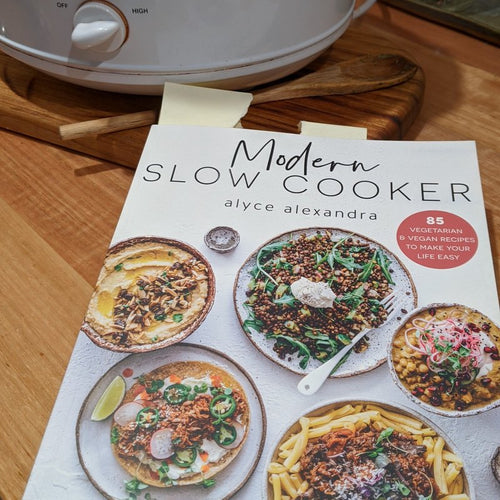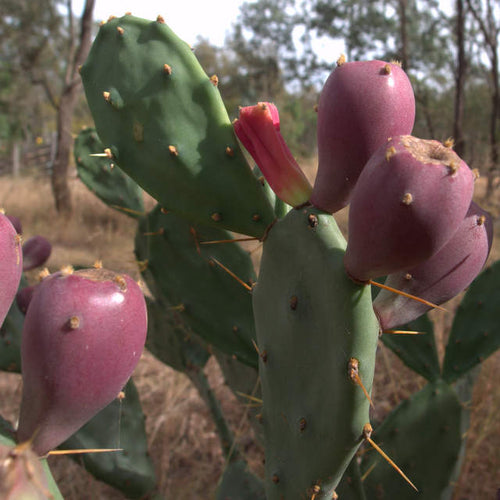Should you eat animal products?
If you follow the popular media you might be feeling guilty about eating meat, even dairy products, for a number of reasons. There's a few things you should know about eating meat...
(By the way, I haven't written this post to attack vegetarians, I just thought you all might find this information useful, what you eat is your choice, but I hope that it is an informed choice).
Meat and climate change
Meat and your heart health
Michael Pollan follows a steer from farm to feedlot
Meat and animal welfare
The animals that we eat are domesticated, that means that they can no longer survive in the wild, just like your pet dog or cat, they rely on humans to help them find food, water and shelter. Farmers spend their days tending to these animals. If they weren't expecting to sell them, they wouldn't want to spend that time caring for them, and those animals would not exist. However, that is not to say that we don't owe these animals a quality of life. I find confined animal feeding disgusting and completely inappropriate. Chickens should not be kept in cages or barns, pigs should not be kept in barns and small pens, cattle should not be kept in feedlots, all these animals should have access to pasture and freedom to range. If we make the choice to eat meat, we must take responsibility for how our meat is raised. If you can't raise and kill the animal yourself, then you should know how it was raised and killed, and be happy that the animal lived a good life and had "one bad day", as Joel Salatin says.
Bettertarians
The Meat and Livestock Association of Australia (to which we pay fees every time we sell animals through a saleyard and are therefore members) has recently come up with a campaign to promote meat eating. They have devised a huge marketing campaign around the word "bettertarian", with tag line "Eat with understanding. Make better choices. Feel better.". If you check out the associated website you can watch several videos about the concept, and follow three non-farmers who won a competition to visit a farm.
I am torn.
I like the idea of bettertarian, I think that's a good philosophy, we should be trying to find out where our food comes from and make the best choice using that information. But I find it a little misleading that the word "sustainability" is mentioned repeatedly in the videos to describe a farm that is not organic. Using chemicals is not sustainable. We use chemicals occasionally when we can't see a suitable alternative, but we recognise that it is not a long-term solution. Also the farm that they show in the videos is a beef and lamb operation, they do not discuss feedlotting at all, are we to assume that this farm is finishing beef on pasture? Because that is not representative of the bulk of the beef industry. This just feels like a marketing campaign to trick consumers, not to educate them, and that is disappointing. It is also disappointing that farmers continue to raise meat in ways that they are not completely comfortable with explaining publicly. Farmers should be proud of what they do, and yet we continue to use confined feeding operations because consumers are demanding CHEAP rather than QUALITY food.
How can you find out more?
Since I've been spending more time in Brisbane and talking to people at work, I realise that people in the city compared to people in more rural areas, are pretty clueless about where their food comes from. Its a good start that you're reading my blog, and there are a few other good sources of information about HOW to find out more:
Arabella Forge's Frugavore: How to Grow Organic, Buy Local, Waste Nothing, and Eat Well - my review here
- my review here
Jennifer McGruther's The Nourished Kitchen (also her blog Nourished Kitchen) - my review here
To be absolutely sure that you're buying ethically-raised, sustainable meat, you must either speak to the farmer personally, or buy certified organic. It is more expensive, because they don't raise as many animals in one place and they have to be audited, but that's how you know that its good food. I wrote about it here. In Australia, look for the bud logo of Australian Certified Organic.
(By the way, I haven't written this post to attack vegetarians, I just thought you all might find this information useful, what you eat is your choice, but I hope that it is an informed choice).
Meat and climate change
Meat and your heart health
Michael Pollan follows a steer from farm to feedlot
Meat and animal welfare
The animals that we eat are domesticated, that means that they can no longer survive in the wild, just like your pet dog or cat, they rely on humans to help them find food, water and shelter. Farmers spend their days tending to these animals. If they weren't expecting to sell them, they wouldn't want to spend that time caring for them, and those animals would not exist. However, that is not to say that we don't owe these animals a quality of life. I find confined animal feeding disgusting and completely inappropriate. Chickens should not be kept in cages or barns, pigs should not be kept in barns and small pens, cattle should not be kept in feedlots, all these animals should have access to pasture and freedom to range. If we make the choice to eat meat, we must take responsibility for how our meat is raised. If you can't raise and kill the animal yourself, then you should know how it was raised and killed, and be happy that the animal lived a good life and had "one bad day", as Joel Salatin says.
Bettertarians
The Meat and Livestock Association of Australia (to which we pay fees every time we sell animals through a saleyard and are therefore members) has recently come up with a campaign to promote meat eating. They have devised a huge marketing campaign around the word "bettertarian", with tag line "Eat with understanding. Make better choices. Feel better.". If you check out the associated website you can watch several videos about the concept, and follow three non-farmers who won a competition to visit a farm.
I am torn.
I like the idea of bettertarian, I think that's a good philosophy, we should be trying to find out where our food comes from and make the best choice using that information. But I find it a little misleading that the word "sustainability" is mentioned repeatedly in the videos to describe a farm that is not organic. Using chemicals is not sustainable. We use chemicals occasionally when we can't see a suitable alternative, but we recognise that it is not a long-term solution. Also the farm that they show in the videos is a beef and lamb operation, they do not discuss feedlotting at all, are we to assume that this farm is finishing beef on pasture? Because that is not representative of the bulk of the beef industry. This just feels like a marketing campaign to trick consumers, not to educate them, and that is disappointing. It is also disappointing that farmers continue to raise meat in ways that they are not completely comfortable with explaining publicly. Farmers should be proud of what they do, and yet we continue to use confined feeding operations because consumers are demanding CHEAP rather than QUALITY food.
How can you find out more?
Since I've been spending more time in Brisbane and talking to people at work, I realise that people in the city compared to people in more rural areas, are pretty clueless about where their food comes from. Its a good start that you're reading my blog, and there are a few other good sources of information about HOW to find out more:
Arabella Forge's Frugavore: How to Grow Organic, Buy Local, Waste Nothing, and Eat Well
Jennifer McGruther's The Nourished Kitchen (also her blog Nourished Kitchen) - my review here
To be absolutely sure that you're buying ethically-raised, sustainable meat, you must either speak to the farmer personally, or buy certified organic. It is more expensive, because they don't raise as many animals in one place and they have to be audited, but that's how you know that its good food. I wrote about it here. In Australia, look for the bud logo of Australian Certified Organic.
I would also encourage you to try to visit a farm, either a farm stay or a day visit, so that you can learn even more. Two blogger farms that I would love to visit are:
Kim's Little Black Cow Blog - they have a farmstay int he Hunter Valley and do day tours
And Purple Pear Organics with Mark and Kate, who are also in the Hunter Valley, and also do day tours around their permaculture farm.
I'm sure there are many more, not in the Hunter Valley! Please share links below if you can recommend any farms to visit.
So what do you think about eating meat? eating organic? and visiting farms? Do you know what you're eating? Do you care?





















Leave a comment